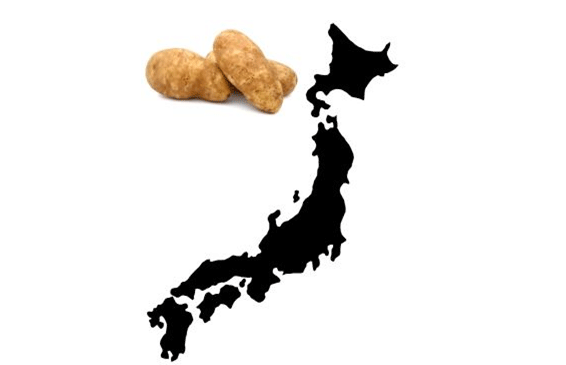For years, the U.S. potato industry has been trying to gain access to Japan’s fresh potato market, which remains tightly controlled by Japan’s Ministry of Agriculture, Forestry, and Fisheries (MAFF). The latest round of bilateral talks, held in Idaho Falls from September 17 to 19, 2024, once again ended without significant progress. The issue continues to frustrate U.S. potato farmers, especially in states like Idaho, where the potato industry is a major economic driver.
Japan’s reluctance to grant access has little to do with technical barriers. According to the National Potato Council (NPC), Japan has consistently delayed the process, using stalling tactics instead of engaging in genuine negotiations. Kam Quarles, CEO of NPC, pointed out that Japan’s representatives have avoided addressing critical technical points, seemingly to protect their domestic industry’s monopoly.
This deadlock is not new. Since 2006, the U.S. has been trying to convince Japan to open its market for fresh potatoes, with little success. Currently, the U.S. exports processed potatoes like fries to Japan, but fresh potatoes remain excluded. American officials and industry representatives have emphasized the safety, quality, and transparency of U.S. potato operations, even inviting Japanese officials to visit local farms to demonstrate their standards.
Idaho Governor Brad Little has been actively involved in these efforts. During the recent bilateral talks, he joined industry leaders to showcase Idaho’s potato farms, hoping to sway the Japanese delegation. Additionally, Governor Little is set to lead a trade mission to Japan in November 2024, aiming to continue pushing for open market access.
The Economic Implications for U.S. Farmers
For U.S. potato farmers, particularly those in Idaho, opening the Japanese market could have a significant financial impact. The United States is one of the largest potato producers globally, and access to Japan, a high-demand market for potato products, would provide a lucrative export opportunity. According to USDA data, U.S. potato exports have been steadily increasing, but fresh potato exports lag due to restricted market access.
Japan, the world’s third-largest economy, consumes millions of tons of potatoes annually, largely relying on domestic production and imports of processed potatoes. Fresh potatoes from the U.S. would provide competition to Japanese farmers, which is one reason why MAFF is hesitant to open the market. The lack of progress in negotiations could mean lost revenue opportunities for U.S. farmers and limits their ability to grow and expand into new markets.
The Road Ahead
The refusal by Japan to engage meaningfully on fresh potato access continues to be a source of frustration for U.S. farmers and government officials. While efforts by the National Potato Council and state representatives like Idaho Governor Brad Little have increased pressure, Japan’s reluctance persists. The upcoming trade mission to Japan in November may offer another chance for dialogue, but without significant changes in Japan’s approach, the U.S. potato industry will continue to face barriers in this critical market.






